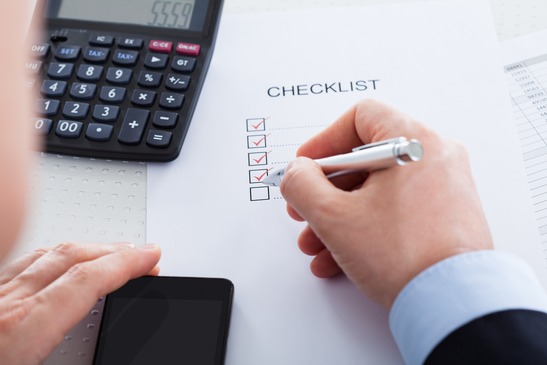When running a small business, it is important to plan ahead and understand your tax obligations.
Understanding small business tax planning strategies can help minimize your tax burden.
But numbers can sometimes be confusing, and you want to focus your time and energy on growing your small business.
We at Liu and Associates understand that, and we’re here to help!
Here are some tax planning strategies that will help with your small business:
Keep Accurate Records
Keeping accurate records is an essential part of tax planning for a small business.
Here are some tips to help you keep your records accurate and organized:
- Choose a Record-Keeping System: Choose a record-keeping system that works for your business, whether it’s a spreadsheet, accounting software, or a combination of both.
- Track All Income and Expenses: Keep track of all income and expenses related to your business.
- Separate Business and Personal Expenses: This can be done by using a separate bank account and credit card for business expenses and keeping track of personal expenses separately.
- Reconcile Accounts Regularly: This involves comparing your records to bank and credit card statements and making sure that they match.
- Back Up Your Records: Make sure to back up your records regularly to avoid the risk of losing important information.
By following these tips, you can keep your records accurate and organized, which can help you make informed business decisions and comply with tax laws and regulations.
Take Advantage of Tax Credits and Incentives
There are several tax credits and incentives available to Canadian business owners.
It’s important to note that eligibility requirements and application processes can vary for each of these programs.
Here are some of the most common ones to consider when tax planning for small businesses:
Scientific Research and Experimental Development (SR&ED) Tax Credit
This is a federal tax incentive program that encourages Canadian businesses to conduct research and development activities.
Eligible businesses can claim a tax credit of up to 35% on eligible expenditures.
Capital Cost Allowance (CCA)
This is a tax deduction that allows businesses to write off the cost of assets purchased for their business.
The CCA rate varies depending on the asset, but it can range from 4% to 100% of the cost.
Provincial Tax Credits
Many provinces offer their own tax credits and incentives for businesses. Here are some examples of what is available in Alberta:
- Alberta Investor Tax Credit (AITC): This program provides a 30% tax credit to investors who invest in eligible Alberta small businesses. The maximum credit per investor is $60,000 per year, and the maximum credit per business is $5 million.
- Interactive Digital Media Tax Credit (IDMTC): This program provides a tax credit of up to 25% of eligible labor and marketing expenses for companies that develop interactive digital media products in Alberta. The maximum credit is $500,000 per year.
- Apprenticeship Job Creation Tax Credit (AJCTC): This program provides a tax credit to employers who hire and train eligible apprentices in designated trades. The credit is equal to 10% of the eligible salaries and wages paid to the apprentice, up to a maximum credit of $2,000 per year.
Canada Small Business Financing Program (CSBFP)
This is a federal program that helps small businesses obtain financing by guaranteeing loans made by participating financial institutions.
The program can guarantee up to 85% of the loan amount, up to a maximum of $350,000.
Export Development Canada (EDC)
EDC provides financing and insurance to Canadian exporters. This can help businesses expand their markets and increase their international sales.
Consider Deferring Income and Accelerating Expenses
Canadian businesses can defer income and accelerate expenses by taking advantage of various tax planning strategies. Here are some common strategies:
- Deferring Income: Businesses can defer income by delaying the receipt of revenue until the next fiscal year.
- Accrued Expenses: Businesses can accelerate expenses by accruing expenses that will be paid in the following year.
- Prepaid Expenses: Businesses can also accelerate expenses by prepaying expenses that will be incurred in the following year.
- Depreciation: Businesses can also accelerate expenses by taking advantage of depreciation. By depreciating assets over their useful life, businesses can deduct a portion of the cost of the asset each year, reducing their taxable income.
Use Tax Planning Software
Using tax planning software, such as QuickBooks, can offer several benefits when it comes to tax planning for small businesses.
Here are a few key advantages:
- Accuracy: Tax planning software is designed to help minimize errors and ensure that tax returns are accurate.
- Time savings: Tax planning software can help save time by automating calculations, minimizing data entry errors, and streamlining the tax preparation process
- Cost savings: By using tax planning software, businesses can often save money on accounting and tax preparation fees.
- Customization: Many tax planning software programs can be customized to meet the specific needs of businesses or individuals.
It’s important to choose a reputable software provider and consult with a tax professional to ensure that the software is being used properly and in compliance with tax laws and regulations.
Seek Professional Advice
As a Canadian business owner, seeking professional tax advice can provide numerous benefits. Here are some reasons why:
- Compliance with Tax Laws: A tax professional can help ensure that your business is complying with all relevant tax laws, regulations, and filing requirements.
- Minimizing Tax Liability: A tax professional can help identify deductions, credits, and other tax breaks that can help reduce your business’s tax liability. They can also advise on tax planning strategies that can help minimize tax liabilities in the future.
- Avoiding Audit Risk: A tax professional can help minimize the risk of an audit by ensuring that your tax returns are accurate and compliant with tax laws and regulations.
- Business Structuring: Tax professionals can also advise on the best business structure for your business to help minimize tax liabilities. This can include incorporation, partnerships, or sole proprietorships.
- Tax Disputes: If your business is involved in a tax dispute with the CRA, a tax professional can represent your business and provide expert advice on how to resolve the dispute.
Overall, seeking professional tax advice can help your business comply with tax laws, minimize tax liabilities, reduce audit risk, and make informed business decisions.
A tax professional can provide valuable guidance and help ensure that your business’s tax affairs are in order.
Tax Planning for Small Businesses
With tax law constantly changing, a trusted financial advisor like Liu & Associates is vital to directing your specific course.
Let us help you understand how tax planning strategies can help you achieve your financial goals.





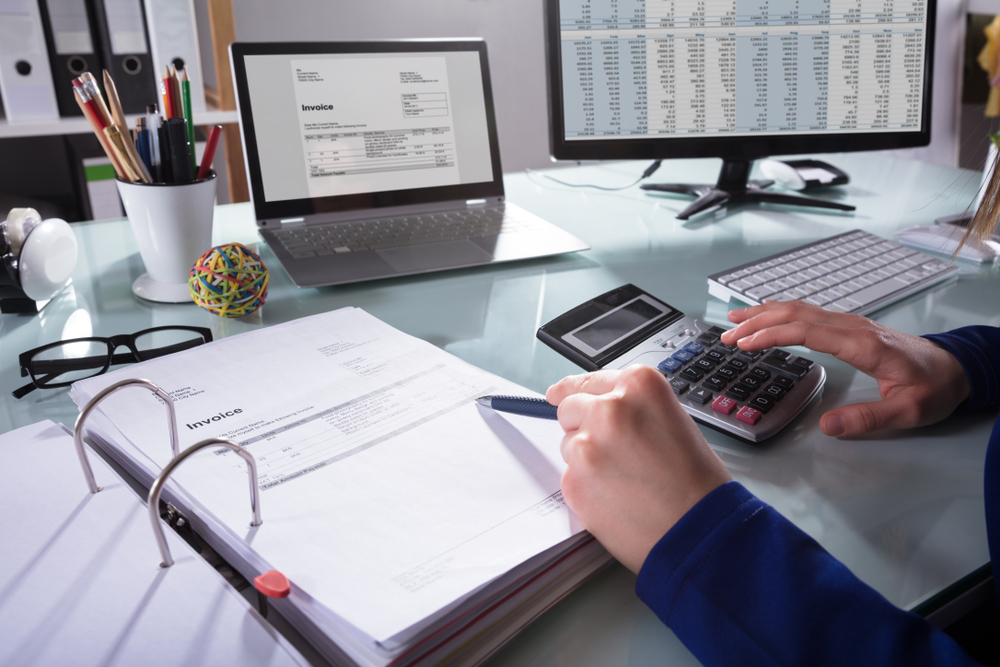
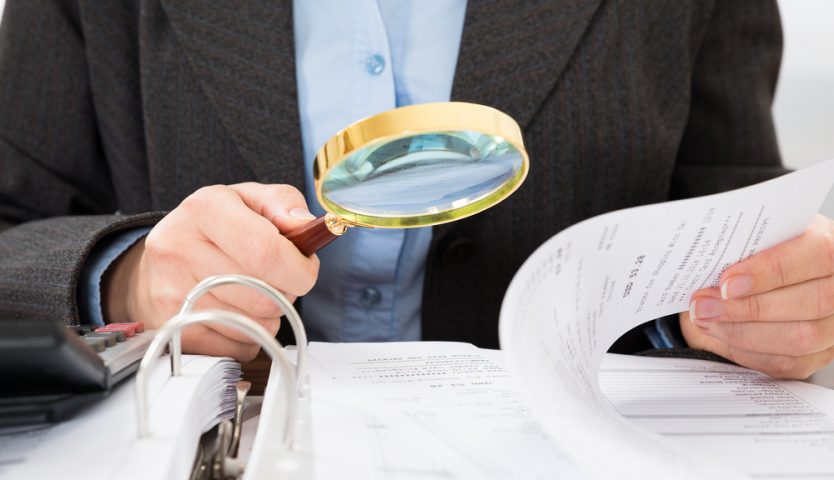
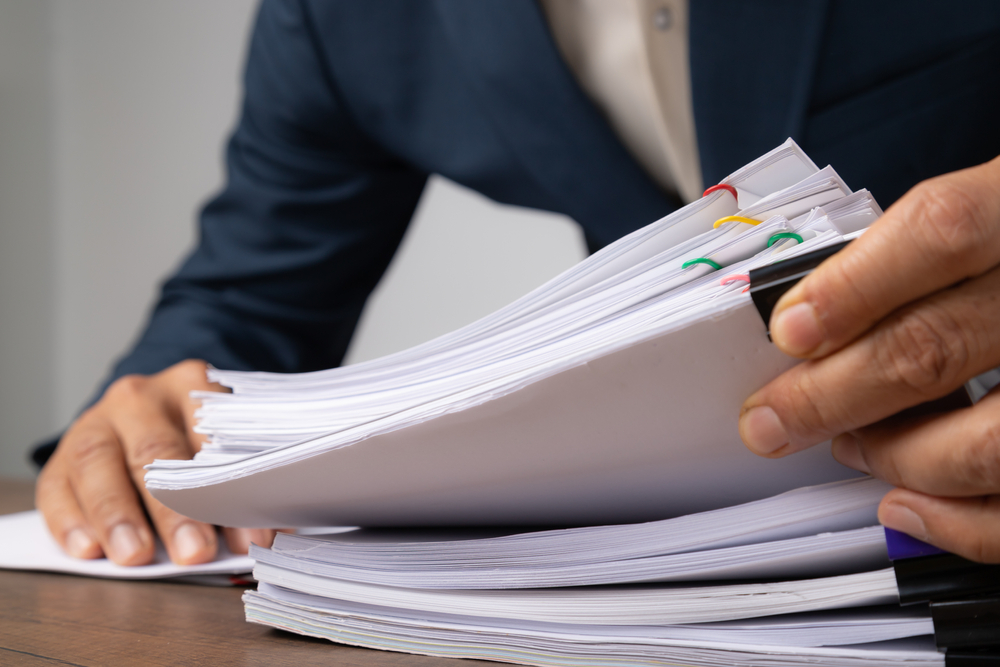
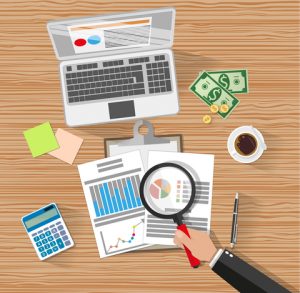
 For some, getting a letter from the Canada Revenue Agency that your taxes have been reassessed – and that you owe back taxes – isn’t just a bad dream. The reality is that in most cases, the CRA has three years from your original date of assessment to reevaluate your income tax return. If they can prove willful or careless misrepresentation – or fraud – then the three-year window can be waived.
For some, getting a letter from the Canada Revenue Agency that your taxes have been reassessed – and that you owe back taxes – isn’t just a bad dream. The reality is that in most cases, the CRA has three years from your original date of assessment to reevaluate your income tax return. If they can prove willful or careless misrepresentation – or fraud – then the three-year window can be waived.